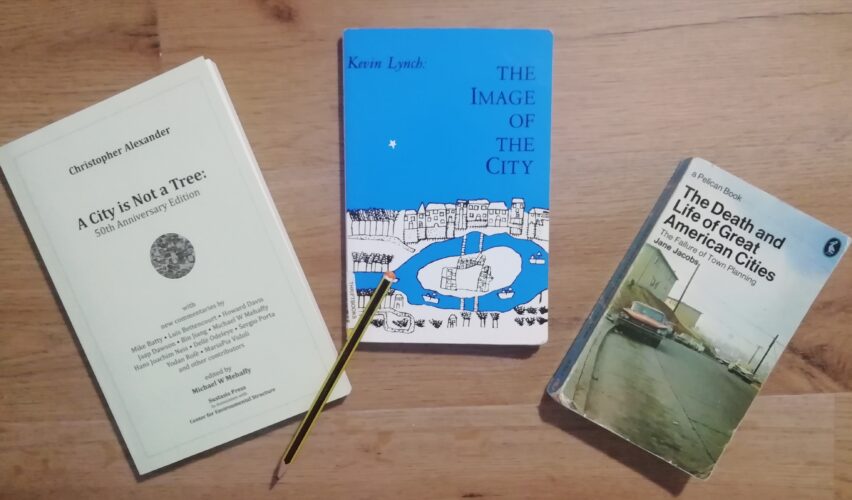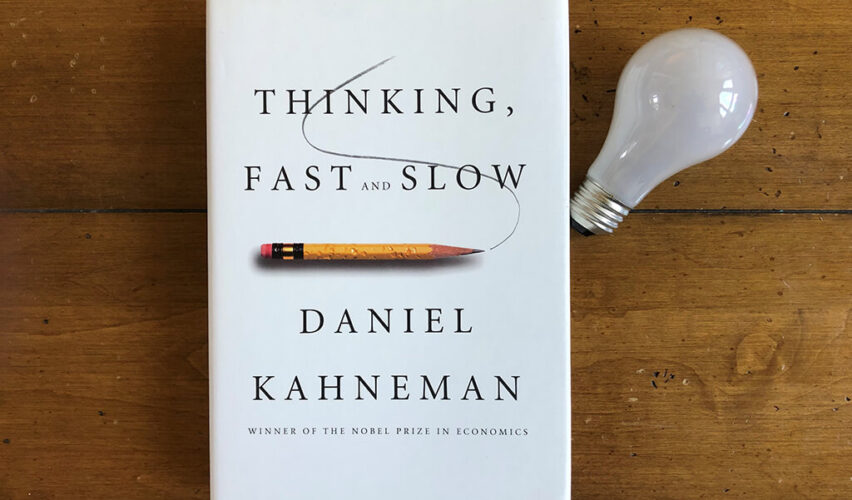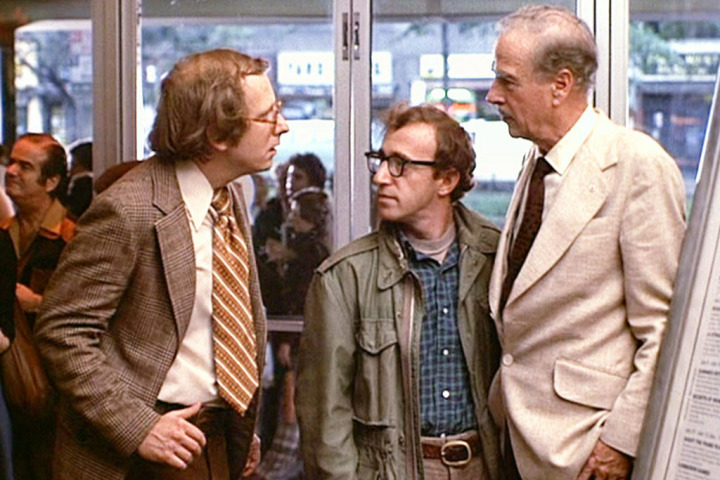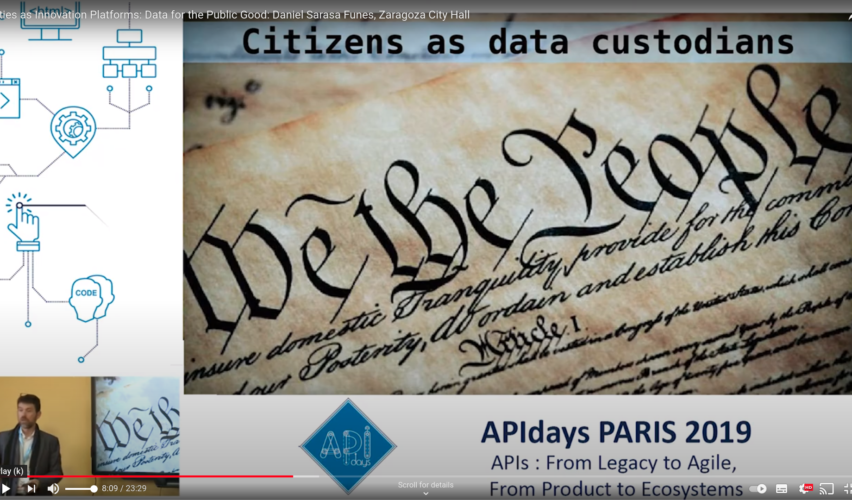Sharing big data: not there yet
Proposals of new data sharing platforms are still much guided by technologists. As a result, many of them were relying too much on the promises of technology, and some of them were underestimating the impact on digital rights of such systems, thinking in good faith that complying with the recently issued GDPR automatically placed citizens on the safe side.
The most influential texts on urban design
Jane Jacobs, Kevin Lynch… I share a very interesting list of the most influential texts on urban design, found in this good article by Hooman Foroughmand Araabi. The list has bee compiled from readings of more than thirty universities in the U.S., U.K. and Australia. The Image of the City Lynch, Kevin 1960 The Death …...
Jaime Lerner. How erratic states can learn from cities
Jaime Lerner (1937-2021), knew that “cities were the solution, not the problem”. So acting on cities is a smart strategy to help heal the world from some of its most acute threats. The combined success of cities and political influence of mayors reflect the fact that cities, nowadays, are an engine of economic growth and source opportunities to contribute to the solution of a great portion of the problems that challenge our societies.
The Quantum City
Do city planners play dice with cities? The question admits of several answers, and all of them are probably true and false at the same time. In any case, recognizing the intricate complexity of the city advises accepting our limits when modeling and predicting its behaviors. Big data can help us understand the city, but the city is not the product of a creator, rather each inhabitant creates their own version every day when they open their eyes.
KPIs for an agile and evolutionary urban design
One of the first KPIs (Key Performance Indicator) that I remember seeing for urban space is included in the Maciá Plan that Josep Lluìs Sert carried out for Barcelona in the 1930s. It proposed as the main KPI the decrease in infant mortality in the Ciutat Vella district, which at that time was around 20% per year.
Daniel Kahneman. Thinking Fast and Slow: some thoughts from Córdoba
Kahneman shows that if potential earnings are bigger than potential losses then the most rational strategy is to take the risks even in 50% gambles (this, of course, does not exclude adopting risk mitigation policies). In cases where the probabilities of winning are greater than 50% and the reward in case of earning is greater than the loss in case of failing, not adopting innovative policies may cost public institutions large amounts of tax dollars.
7 scientific laws about cities that will fascinate you
Urban development, as everything in nature, follows certain rules. It is a question of time that science will find more laws about cities. In the Universe there are humans, and in those humans there is a brain. And those countless human brains have invented many things along history. Amongst those things, striking indeed for its...
The urban innovation spiral
The time-lapse between two disruptive innovation is shortening, the innovation pace is accelerating exponentially. The quest for new basic energy sources advances quicker than ever: wood, coal, oil, renewables, coltan, lithium… maybe data in the near future (why not?), with most of this research happening in urban innovation ecosystems.
Marshall McLuhan. Understanding media (and cities)
McLuhan explains why the rise of urban middle classes are more effective to defeat dictatorships than embargos or weapons, why revolts come from cities, and why cities are are where social and political changes are baked. In this sense, cities are also liberating tools or, as McLuhan puts it “the work of cities is the translation of people to a more suitable form than of his ancestors “.
Application Programming Interfaces in Governments: an urban API #nowplaying
During the fall of 2019 I was interviewed on several occasions by Monica Posada (scientific officer at the Digital Economy Unit of the JRC) on the subject of governments APIs (Application Programmin Interfaces). Monica was interested in knowing Zaragoza data ecosystem, its APIs and digital assets.























